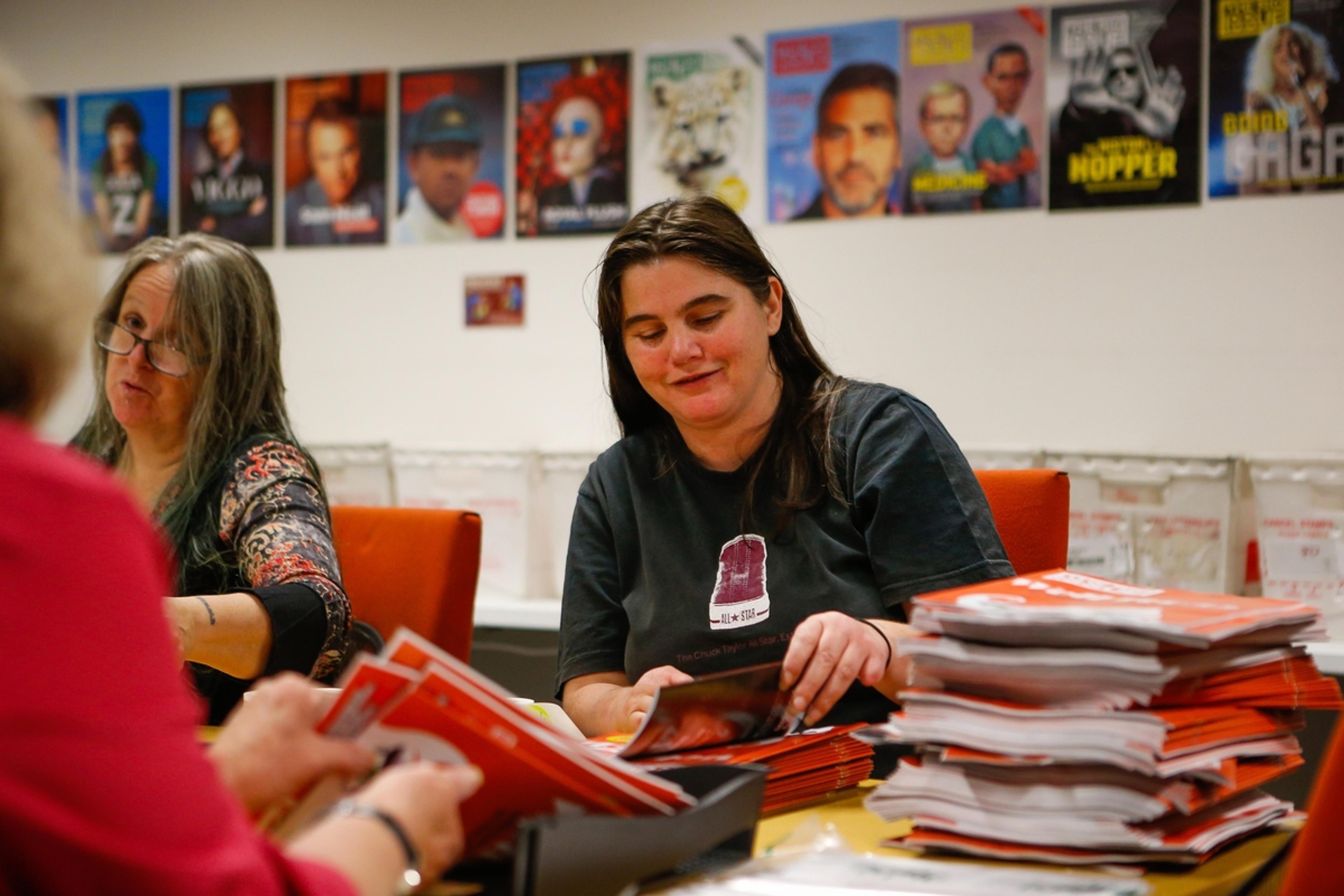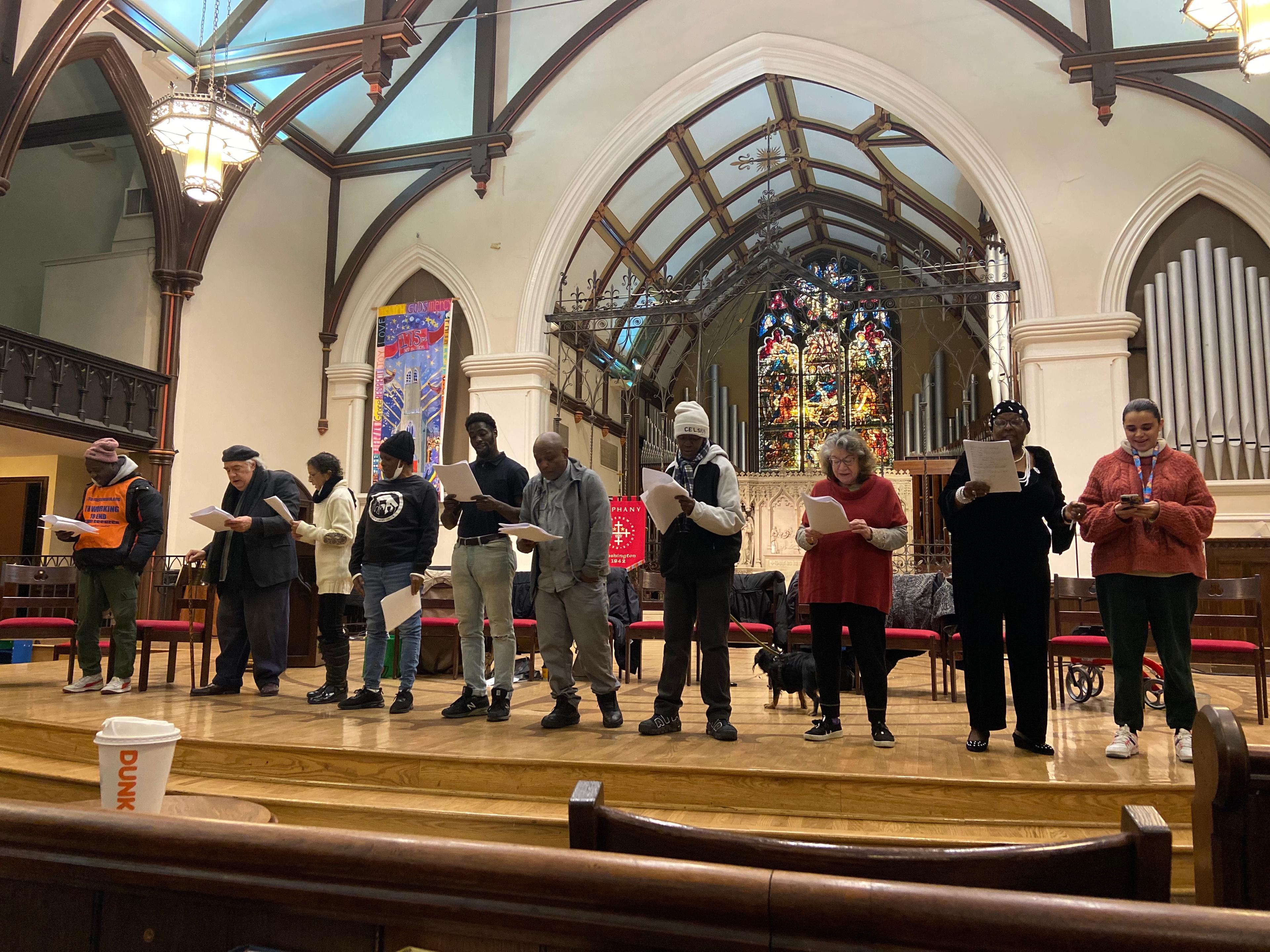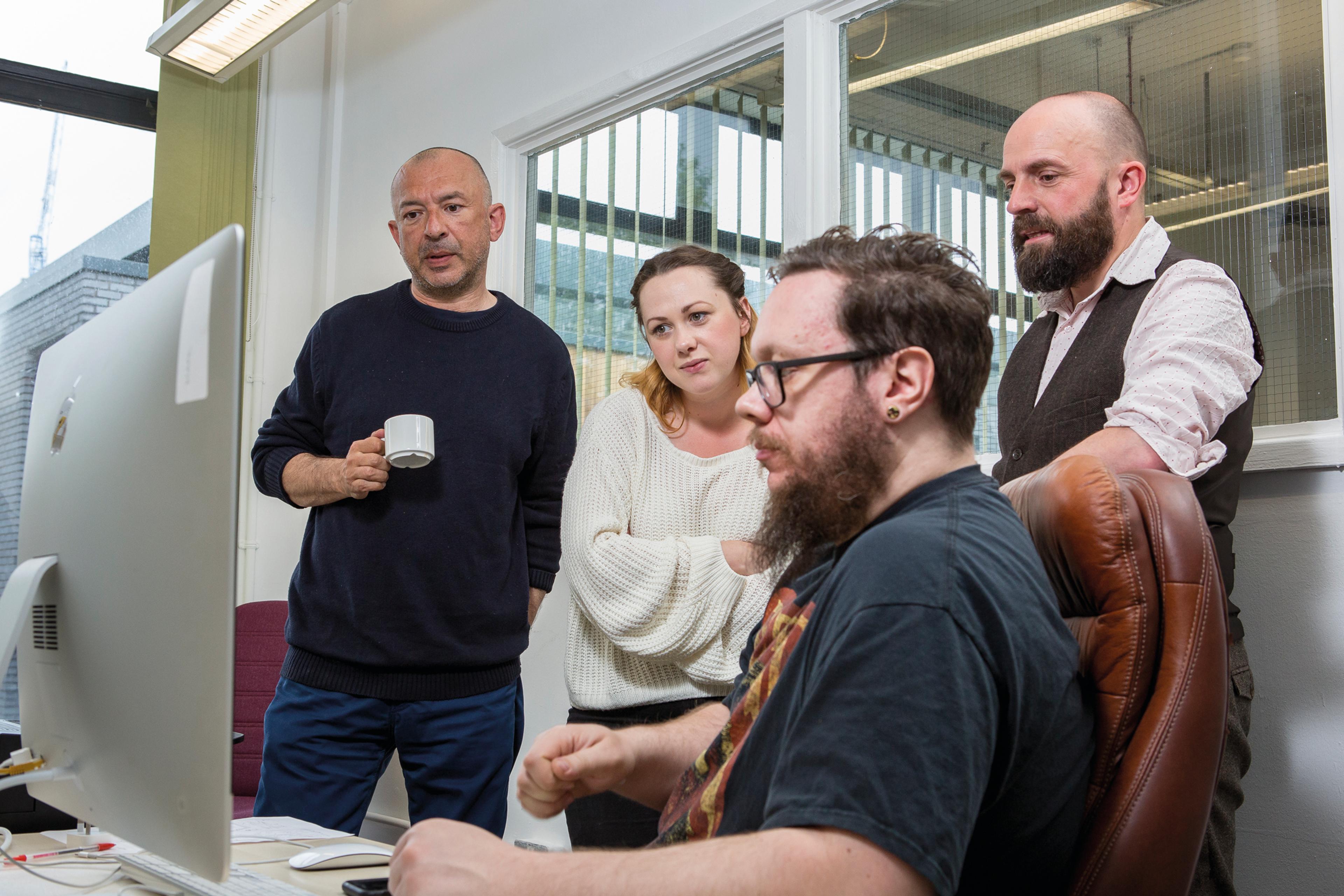“I’m not a beggar, I’m a trader”: 30 years of BISS

Sven Hoppe/dpa
People experiencing social difficulties in Munich have been selling street paper BISS for 30 years. Tibor Adamec has been there since the start – and not only gains money, but also self-confidence.
- Street paper news
Please note that the below article first appeared in Süddeutsche Zeitung: 30 years of bite in Munich: "I'm not a beggar" - Munich - SZ.de (sueddeutsche.de). Small changes have been made to the original to help with the English translation.
Hinz&Kunzt, Trott-War, drobs, Strassenkreuzer, Asphalt – there are around 25 street papers throughout Germany. They are sold by people who are on the margins of society, poor and sometimes homeless. One of the best-known is the Munich magazine BISS – and not just because the dazzling fashion czar Rudolph Moshammer supported the project, even after his death.
It was the first street paper to be founded in Germany, following the example of other countries such as the UK and the US. On 17 October, Biss celebrated its 30th anniversary.
The fight against poverty unites the papers, which work according to similar principles.
“They give people a quick, dignified and legal way to make money while addressing the causes of poverty through journalism and advocacy,” writes the International Network of Street Newspapers (INSP), based in Glasgow, Scotland, which represents 90 newspapers worldwide in 35 countries. “To effectively combat poverty, we need to listen to the people who have experienced it.”
BISS has a circulation of around 42,000 and is sold by around 100 people, mostly men, in Munich, for €2.80 (£2.45). A special feature of the project is the fact that the non-profit association Biss eV employs many of the vendors and thus offers them security, including social and health insurance.
“The newspaper only plays second fiddle to us. At Biss, it’s about the salespeople,” says managing director and sociologist Karin Lohr, referring to the founding idea of giving people in social difficulties help to help themselves. The necessary money comes, among other things, from newspaper sales, but also through donations or sponsorships.
Employees work between 16 and 39 hours per week and, depending on the number of newspapers sold, they can earn up to around €1,889 (£1,653) per month.
The feeling of having a regular job, a daily structure and contact with other people cannot be outweighed by money. But self-confidence can suffer if people try to calm their guilty conscience and just give money to the vendor at the train station or in front of the bar without taking the magazine.
A donation out of pity goes against the paper’s purpose, because the people who sell it do not want charity – they want to be part of society again.
Just take BISS’s longest-serving vendor, Tibor Adamec, 86, who has been with the paper since it was founded and has been a permanent employee since 1998. “I’m not a beggar, I’m a dealer,” he says.
Adamec is known for his chic, well-groomed appearance and reserved manner. “What’s important is the personality that sells,” he says. He is confident in defending himself against bullying. He once calmly replied to someone who said, “Go to work, you lazy pig,” with, “I’m employed.”
Otherwise, he receives a lot of appreciation from his customers, some of whom he has known for years. “It makes me feel like a saint,” says Adamec. He misses them when he takes time away from his pitch on Marienplatz.
To ensure that customers remain loyal, Lohr wants to offer them something. “The newspaper has to be made by professionals. It has to be so good that our people can sell it,” she says. Biss is written by professional journalists, who cover issues from politics to society to social issues such as psychological problems or experiences of violence.
Those affected also contribute and provide insights into a world that many readers would otherwise have no contact with.
The magazines are a “bridge between the milieus,” says Volker Macke, spokesperson for German-language street papers and editor-in-chief of Asphalt in Hanover.
But the economic crisis and rising prices are also noticeable here. With a few exceptions, circulation is trending downward, says Macke. Many people need to pay more attention to money. There are even regular customers who have literally said goodbye to their local vendors. People are also more rushed and have less time for conversations.
To survive, papers are trying out many new things, such as cashless payments, and fine-tuning their designs to inspire younger people. Then there is digitalisation.
Digital offers supplement magazines, says INSP CEO Mike Findlay. But print media is indispensable for him, he says, emphasising the importance of direct contact: “We see that the vendors benefit in terms of their health and well-being because of the social aspect of their work.”
Lohr wants customers to recognise this, too. “You don’t have to be a social worker to see a smile or a friendly face and to say hello and recognise someone as a person,” she says.
Courtesy of Süddeutsche Zeitung / INSP.ngo
You may also be interested in...

Q&A: How The Big Issue Australia is empowering women through enterprise
Read more
Street Sense Media vendors stage play exploring solutions to homelessness
Read more